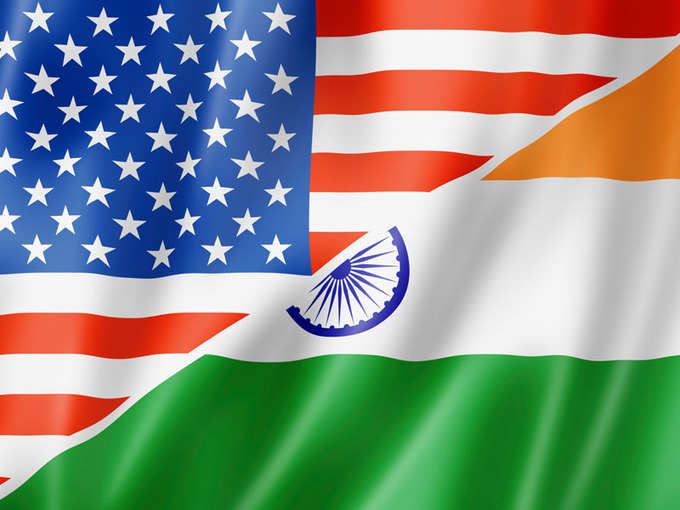 The
The The US Officials sent out a communiqué, stating they looked forward to ‘working together’ with India’s next Prime Minister. Deputy National Security Advisor Ben Rhodes tweeted, “After the largest democratic election in history, US congratulates the BJP for its victory and looks forward to working closely with new government”.
This gesture assumes significance in the wake of the recent strains in the Indo-US relations over the Khobragade episode.
Since Modi is a thorough professional when it comes to politics and trade relations, the issues of denial of visa or the Khobragade episode should not hamper the bilateral relations.
However, his stance on India’s bilateral relationships, especially with respect to neighbouring countries like Pakistan and China, are somewhat viewed with scepticism. But his tough stance on national security should not be of much concern to the US, which is all set to withdraw troops from Afghanistan.
Working with Modi on improving bilateral relations is more of an exigency for both nations. President Obama’s final term in his office will end in January 2017 and Modi will face the people’s verdict in 2019.
The western countries have been facing economic downturn for the last few years, while India’s economy, by and large, has remained unaffected by the global slowdown.
The countries, looking to have trade relations with India, will have to now realign their strategies, rather than treating India as a pool of human resources.
The European Union and the Australian government have long reached out to Modi. So did the
Image: Thinkstock